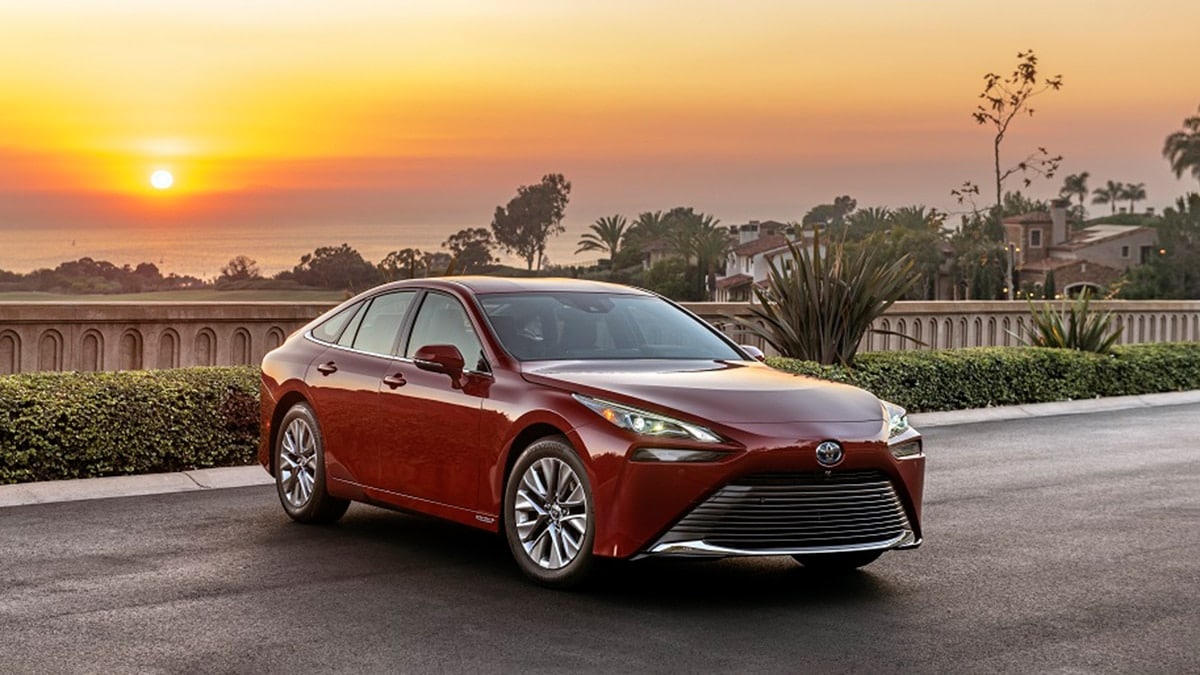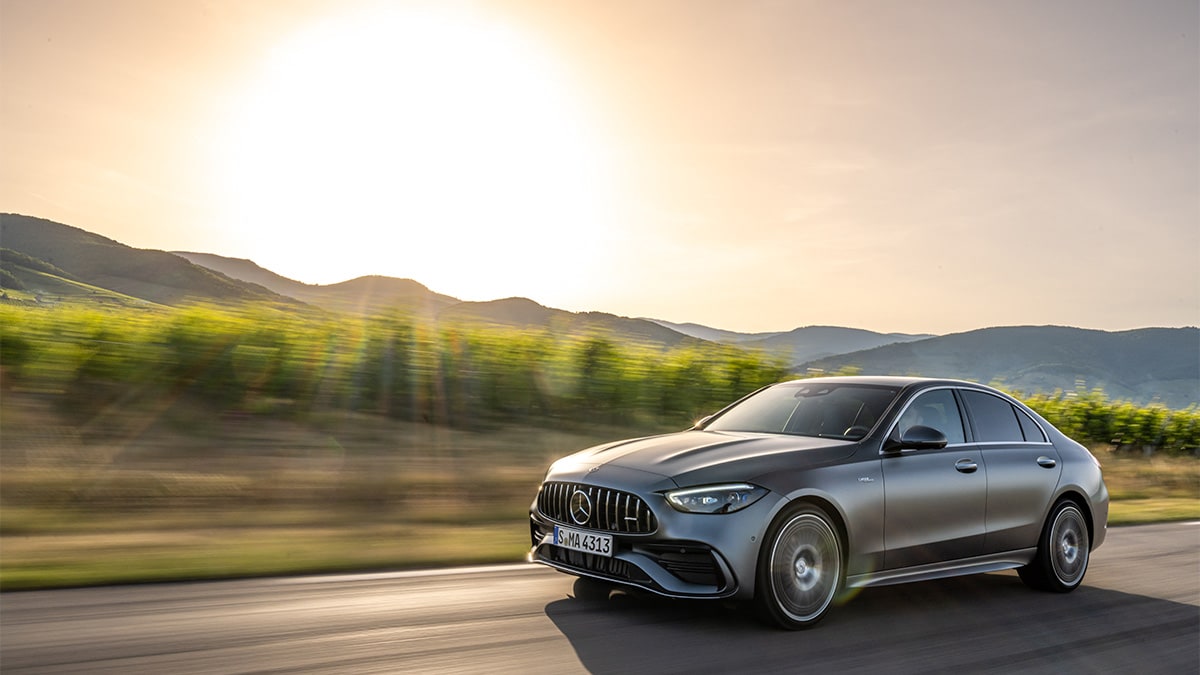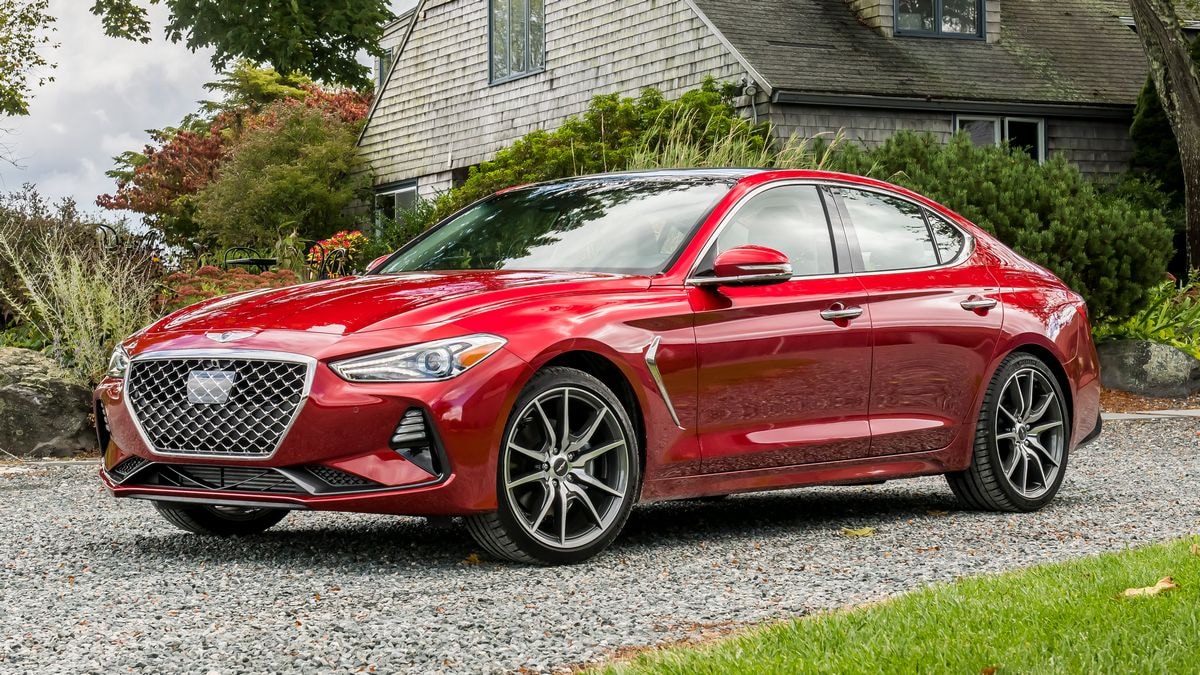“The user experience of owning a hydrogen car is, to put it mildly, not so good.”
That’s how California State Sen. Josh Newman (D – 29th district) describes owning a Toyota Mirai to InsideEVs. “It’s not due to the cars themselves. They’re awesome. It’s the refueling. The reality is the state of H2 refueling in California is, in a word, abysmal.”
He’s hardly the only one with concerns.
On Reddit threads and social media posts, Mirai owners describe a harrowing day-to-day experience hunting for hydrogen.
America’s limited hydrogen infrastructure, in 2023, included just 56 public refueling stations – 55 in California and one in Hawaii. Since then, True Zero, once the Golden State’s largest operator of hydrogen refueling stations, closed 10 locations. Shell abruptly closed seven more in February.
That has left some owners of hydrogen-powered cars without a way to refuel within a practical distance of their homes.
About Hydrogen Fuel Cell Cars
Hydrogen fuel cells turn the most common element in the universe into electric current to move a car. Hydrogen-powered cars emit only water.
That has long led some advocates to call hydrogen the fuel of the future. Several automakers sell hydrogen-powered cars, often at immense discounts, as a real-world research project, letting them track how they would work as mainstream transportation.
The Toyota Mirai, for instance, offers near-luxury amenities, an 8-year/100,000-mile warranty on key powertrain components, and a range of 402 miles between fill-ups. It starts at nearly $50,000, but Toyota has frequently offered it with jaw-dropping discounts that make it, at times, less expensive than a Corolla. The offers frequently include years’ worth of free fuel.
Hyundai does something similar with its Nexo fuel cell vehicle – recently offering a $33,000 discount on what is, essentially, a $60,000 car.
Honda also makes a fuel-cell-powered car, though its CR-V e:FCEV also plugs into a wall outlet and can travel up to 29 miles on electricity without using any hydrogen.
Fuel Getting Hard To Find
The cars are well-made, owners say. But the fuel is disappearing. That leaves owners with an intense form of range anxiety, not knowing if the few stations they rely on will last much longer. The shrinking fuel stations makes resale values for the cars plummet.
“The crumbling infrastructure and depreciation have some owners calling on Toyota for a buyback” InsideEVs reports. A recent Reddit thread on the issue saw owners move to Discord – a more private form of communication – to discuss the possibility as if worried Toyota was reading their plans.
Toyota isn’t giving up, though. The company says it remains “committed to working with stakeholders to support California’s hydrogen refueling infrastructure now and into the future.”
After all, publicly accessible hydrogen refueling stations may be closing. But many remain in the hands of private companies, who use them to fuel fleets of work vehicles.
Commercial Hydrogen Stations Exist, But Aren’t Accessible To the Public
Industry publication Automotive News reported just today that General Motors will soon “supply the first medium-duty truck powered by hydrogen fuel cells to a utility company in Georgia as part of a federally funded demonstration project.”
The truck, a converted Chevrolet Silverado 5500HD, will have a range of over 300 miles and “is capable of generating more than 300 kilowatts of power that can be used as off-board power on job sites or for electric vehicles when traditional charging is unavailable.”
The utility company is working with the U.S. Department of Transportation on a program to “deploy hydrogen technology in a work vehicle and explore the creation of a microgrid that can support hydrogen fueling and storage.”




